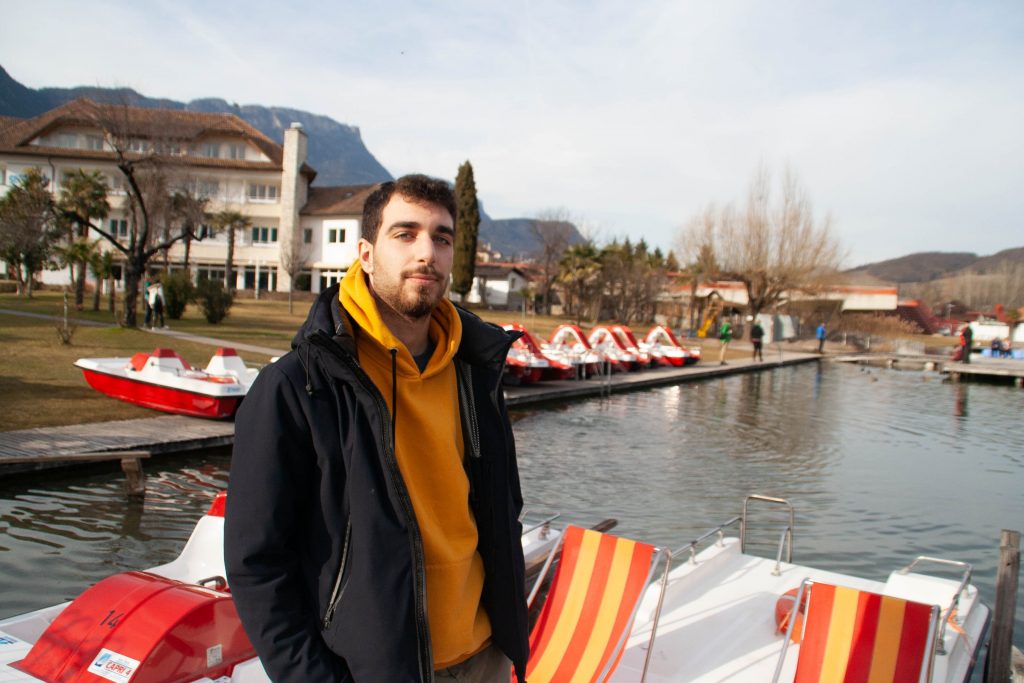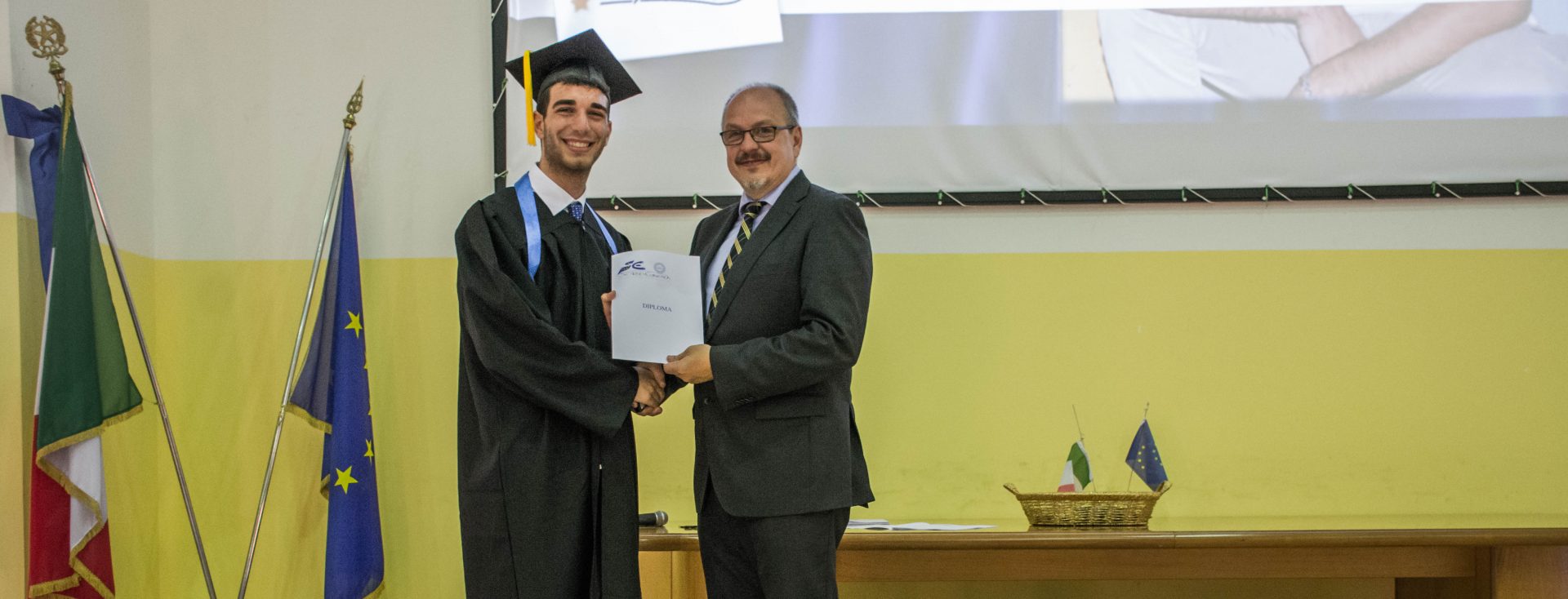European school, everything you need to know
18-year-old design student Matteo Falcone has graduated from the European School in Brindisi before enrolling at the University of Bolzano. His experience was extremely positive and in this interview he tells us all about it.
Industrial companies have suggested for a school with an English-speaking program to be established in South Tyrol in order to meet the need of the increasing number of international employees working in the sector. The school would also offer an additional educational option for those locals willing to follow a more international curriculum. In Italy there are several examples of international, bilingual, English-speaking and European school offering a solution to children of multinational corporation executives, diplomats or NGO staff serving in the country for a determinate amount of time. This schools are becoming more and more popular also among locals.
Matteo Falcone, 18 years old, graduated from the European school in Brindisi and is currently a first-year student at design at the University of Bolzano. We asked him how his experience was and what positive impact attending a multilingual high school is having on his student career now.

Why did you decide to attend a European school?
I liked the curriculum offered by the school, the fact that we were taught in English as well as in Italian and that I could select the subjects I wanted to focus more on. I also liked the idea of meeting international students.
Was there a test to enter the school?
Yes, there was an English test.
How was the school structured?
The European School in Brindisi offers two curriculums. There is an Italian curriculum dedicated to those whose mother tongue is Italian, and an English one. In the Italian curriculum, everything is taught in Italian, but history and geography, which are taught in English. The idea behind that is to give a European angle to the teaching of history and geography, rather than a national perspective. English is also taught as a second language and the class is of course taught in English. The school day is longer than that of the traditional Italian high school. We stayed at school eight hour per day. One class lasted 45 minutes. In between classes we sometimes had some brakes in which we could study or work on projects together. The school lasts four years so we all graduated a year earlier than we would if we had attended the traditional Italian Liceo.
To which extend could you select the subject you wanted to focus on?
During the last two years I had the chance to add additional hours to the subjects I wanted to focus on. I chose to do more Chemistry, Math and Spanish.
How was the final exam?
It was different from the Liceo one. We had five written tests and three oral tests. To certain extend, you could choose which examination to take. However, Math, Italian and English were compulsory. On our final school day before the Baccalaureate Examination we were given a preliminary mark which was the average mark of all our subjects (except Ethics/Religion) and came from our class marks and the marks achieved in our two pre-Baccalaureate examinations. The preliminary mark accounted for 50% of the final mark of the European Baccalaureate. On the one hand, this meant that it was very important to make a constant effort throughout the year in order to aim at the highest preliminary mark possible and, on the other hand, that this effort allowed us to start our European Baccalaureate examinations with less stress.
What about the English curriculum of the European school?
In the English curriculum, where all the international students were enrolled, everything was taught in English, but history and geography, which were taught in French.
Did you have many chances to meet the international students enrolled in the English curriculum?
Yes, during sport and Spanish our classes would merge together as well as during all other optional subjects. We would also meet during lunch break. We often organized activities together in which we talked in English.This was a great practice for me. Our classes were in the same building of the “LiceoScientifico”, so who attended the European school had also the chance to meet many other local students and vice versa.
Why the European School was useful for you?
It broadened by perspective and taught me a lot, not only on an academic point of view. Studying some subjects in English helped me to improve my language skills much more than just studying English as a foreign language. Meeting students from other countries got me used to use English on a daily basis. I also learned how to approach people form other cultures and communicate more effectively with them. Now I have no problems following classes and doing tests in English at university. I am also meeting many German-speaking as well as international students and I am happy to find here such an international environment. I see studying in three languages as a challenge which coming from the European school does not worry me at all. From a language point of view, I feel I have the skills required.
Why did you choose to study design in Bolzano?
The possibility to study in three languages had a crucial role on my decision. Initially, I wanted to study engineering in Milan, I got accepted to Politecnico di Milano. However, I have always been passionate about art, photography, video and graphic so I eventually decided to study design. First, I thought about studying it in Milan, but the course there was taught in Italian. At high school I enjoyed having classes in multiple languages and didn’t want to lose that aspect. Also, the course in Bolzano included a lot of practice, beside theory. After a semester I couldn’t be happier of my choice.
At the moment Matteo Falcone continues to follow the classes of Unibz in streaming and can’t wait to go back to university to enjoy the direct interaction with professors and other students again.
Heiner Oberrauch, vice president of Assoissoimprenditori Alto Adige, explains in this interview why a school with an English-speaking program would be useful in South Tyrol.



